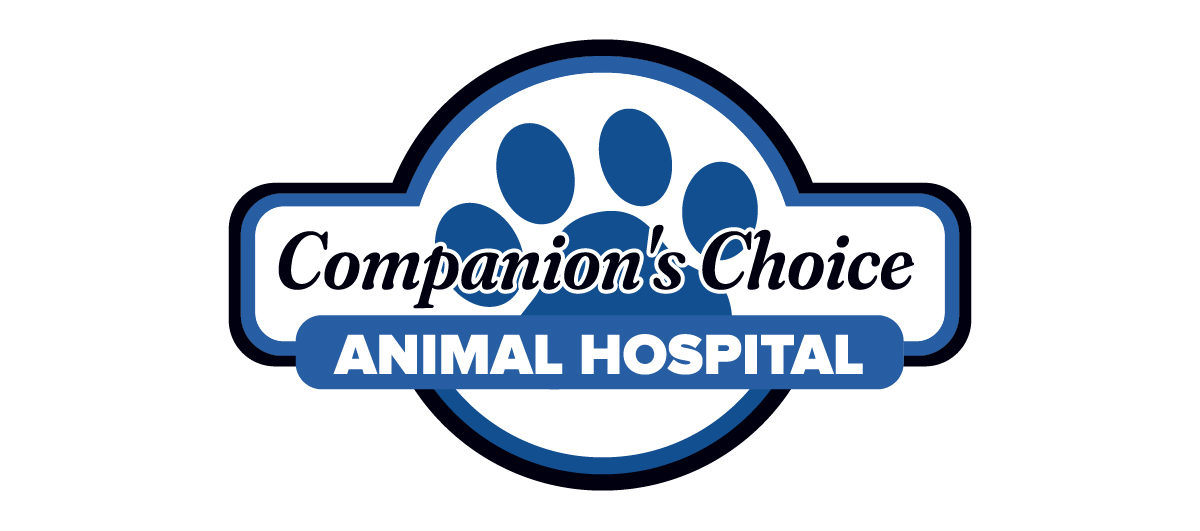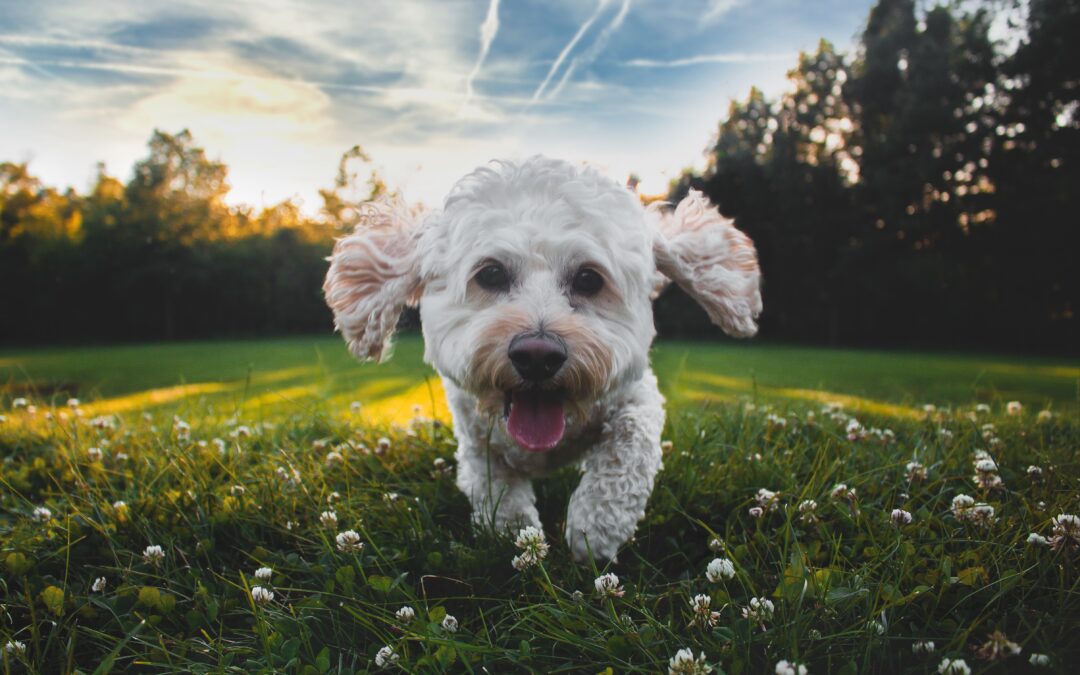Essential Safety Guidelines for Responsible Pet Parents at the Dog Park
The dog park can be a dangerous place for the unprepared, so when venturing into an off-leash play area with your canine companion, follow our tips to keep them safe.
#1: Protect your dog against infectious diseases
To gain entry into reputable dog parks, it is mandatory for dogs to provide proof of vaccination. At the very least, your dog should have up-to-date vaccinations for rabies, distemper, parvovirus, and bordetella. Additionally, vaccinations for canine influenza, parainfluenza, and leptospirosis may also be required or recommended. Therefore, it is crucial to ensure that your furry companion is current on all necessary vaccinations before you visit the park.
#2: Visit during off-times
Dog parks tend to experience the highest levels of crowding immediately after the typical working hours, with an abundance of enthusiastic dogs eager to unleash their pent-up energy. However, overexcited dogs are often less inclined to adhere to proper canine etiquette, leading to potential bullying incidents and conflicts. It is advisable to choose off-peak times for your dog’s exercise sessions, allowing them to enjoy their activities without the added concern of a pack of dogs closely trailing them while chasing a ball.
#3: Double up on identification
Although it’s unlikely your dog will slip out of the double gate at the entrance to the park, accidents can happen. Ensure a happy reunion with your furry friend by outfitting them with several identification forms, including collar ID tags, a collar embroidered with your phone number, and a microchip.
#4: Watch for warning signals
Dog parks are not the place to teach socialization skills, so keep a sharp eye out for inappropriate behaviors or signs that your dog is uncomfortable. Stress, anxiety, and fear can appear in your dog as:
- Running away
- Tucked tail
- Freezing
- Excessive drooling
- Panting disproportionate to activity
- Trembling or shaking
- Cowering or exposing their abdomen
- Clingy behavior
- Lip licking
- Whale eye
- Raised hair
- Reactivity or aggression (e.g., barking, growling, nipping)
At the first hint of unease from your dog, leave the dog park before things escalate.
Off-leash dog parks may not be suitable for every dog as some dogs prefer individual socialization or independent exploration over being in a large group of energetic canines. Regardless of your dog’s socialization preferences, it is crucial to prioritize their protection against infectious diseases and parasites through regular preventive care. Contact our team today to schedule your dog’s annual wellness visit and ensure they are up to date with necessary vaccinations and preventive treatments.

